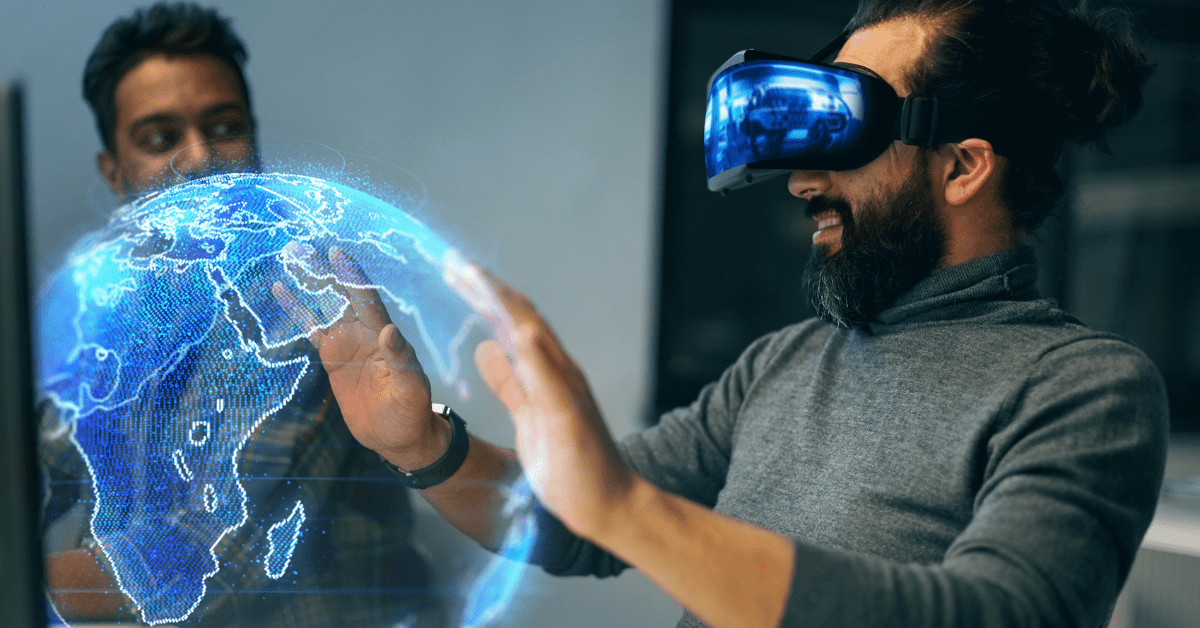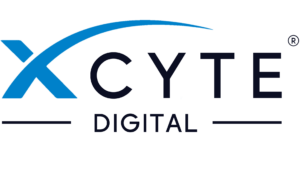
Breaking Boundaries: The Latest Innovations in Hybrid Event UX Design
In today’s rapidly evolving digital event landscape, the line between physical and digital experiences is becoming increasingly blurred. Hybrid User Experience (UX) design, which seamlessly blends digital interfaces with physical environments, is at the forefront of this revolution. Let’s explore some of the most exciting innovations in this field.
1. Augmented Reality (AR) Overlays
AR technology is transforming how we interact with our physical surroundings. Designers are now creating intuitive AR overlays that provide contextual information and interactive elements in real-world settings.
Key Innovations:
- Gesture-based AR controls for smart home devices
- AR-enhanced navigation systems in retail spaces
- Interactive product information displays in physical stores
2. Voice User Interfaces (VUI) in Physical Spaces
Voice technology is no longer confined to smartphones and smart speakers. It’s now being integrated into physical environments to create more intuitive and accessible experiences.
Notable Advancements:
- Voice-activated elevator controls
- Hands-free information kiosks in public spaces
- Voice-controlled lighting and climate systems in smart buildings
3. Haptic Feedback in Touchless Interfaces
As touchless interfaces become more prevalent due to hygiene concerns, designers are incorporating haptic feedback to provide a sense of tactile interaction.
Cutting-edge Applications:
- Mid-air haptic feedback for virtual buttons
- Directional sound waves creating the sensation of touch
- Ultrasonic haptic technology for touchless screens
4. Adaptive Environments
Spaces that dynamically adjust to user preferences and behaviors are becoming a reality, thanks to advances in IoT and AI.
Innovative Features:
- Personalized lighting and temperature adjustments based on user proximity
- Dynamic wayfinding systems that adapt to crowd flow
- Mood-responsive office spaces that alter ambiance based on employee stress levels
5. Biometric Integration
Biometric technology is being seamlessly integrated into hybrid experiences, enhancing security and personalization.
Groundbreaking Uses:
- Facial recognition for personalized digital signage
- Fingerprint authentication for physical access and digital transactions
- Emotion recognition to tailor in-store experiences
6. Cross-Device Continuity
Designers are focusing on creating seamless experiences that transition between devices and physical spaces.
Key Developments:
- Proximity-based content transfer between public displays and personal devices
- Continuous task flows between home, car, and office environments
- Synchronized experiences across wearables, smartphones, and smart home devices
The future of UX design lies in creating cohesive experiences that bridge the digital and physical worlds. As these innovations continue to evolve, we can expect even more intuitive, personalized, and immersive hybrid experiences that will redefine how we interact with technology in our daily lives.
Designers and businesses that embrace these hybrid UX innovations will be well-positioned to create meaningful, engaging experiences that resonate with users across multiple touchpoints. The key to success in this new era of design will be maintaining a human-centered approach while leveraging cutting-edge technologies to enhance, rather than complicate, user interactions.
